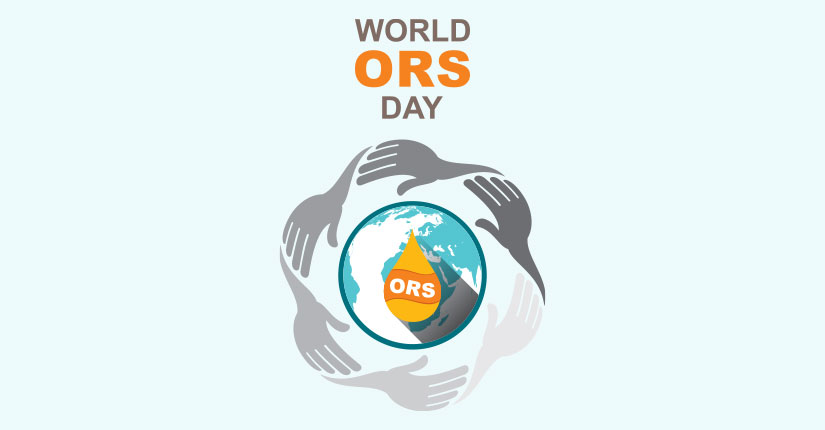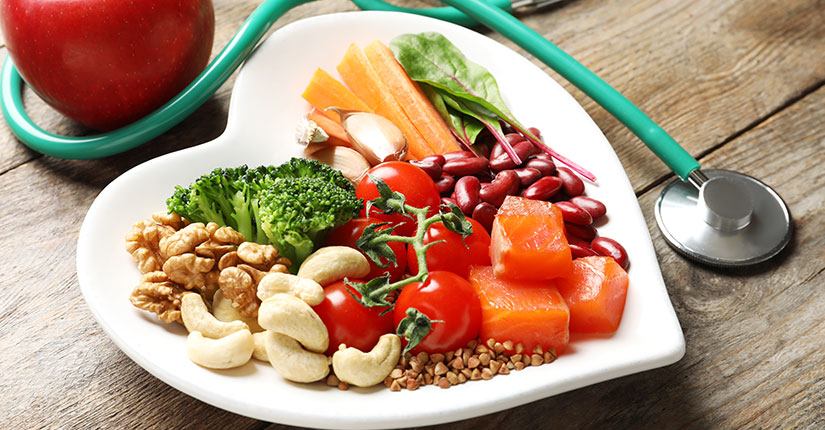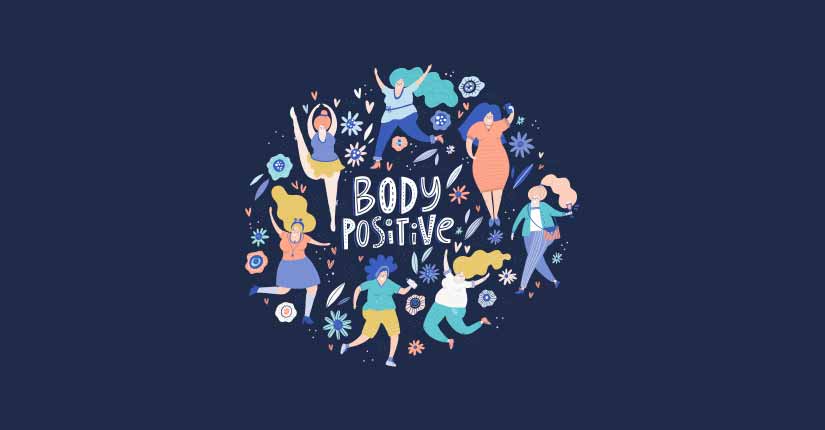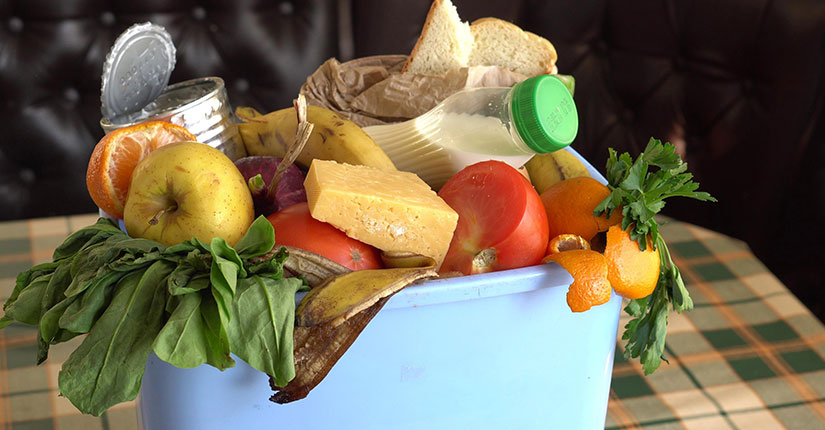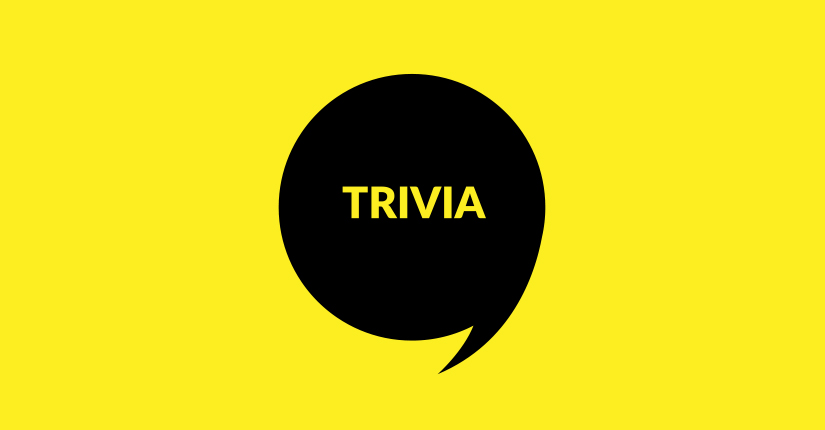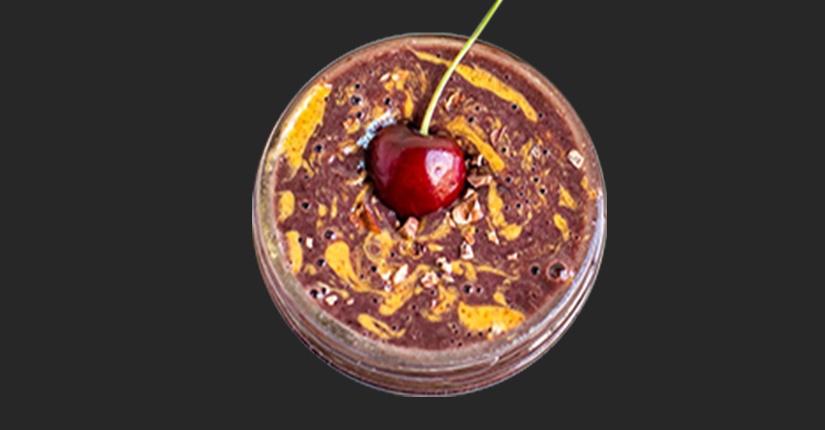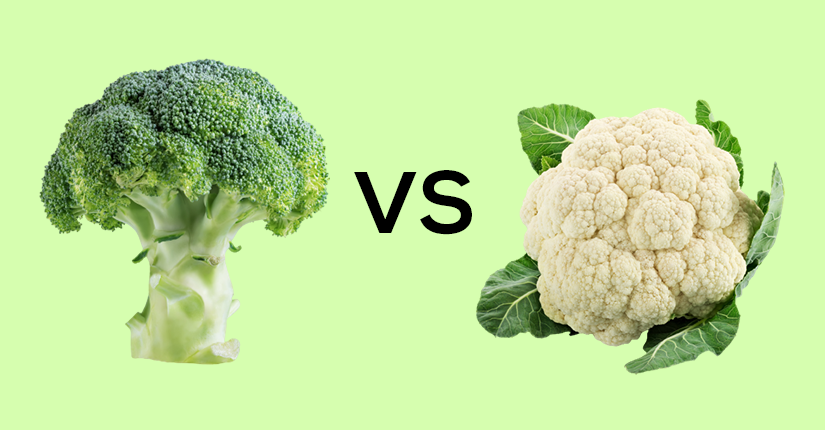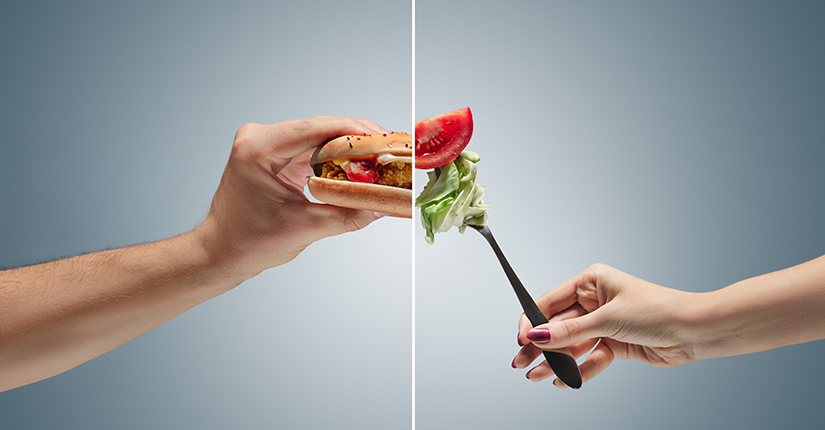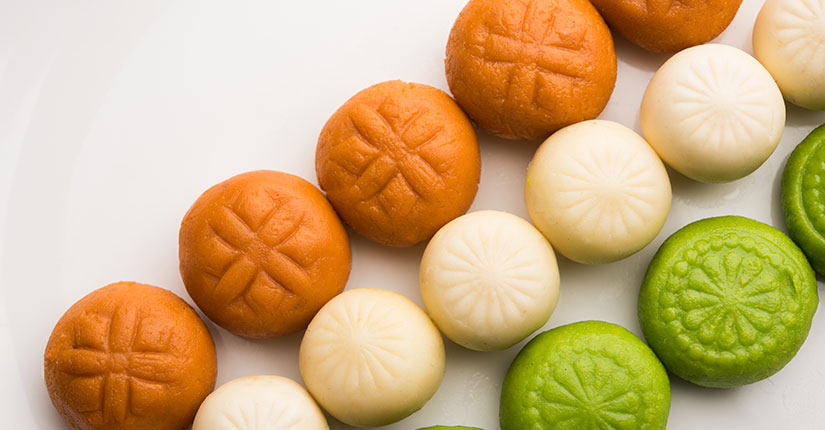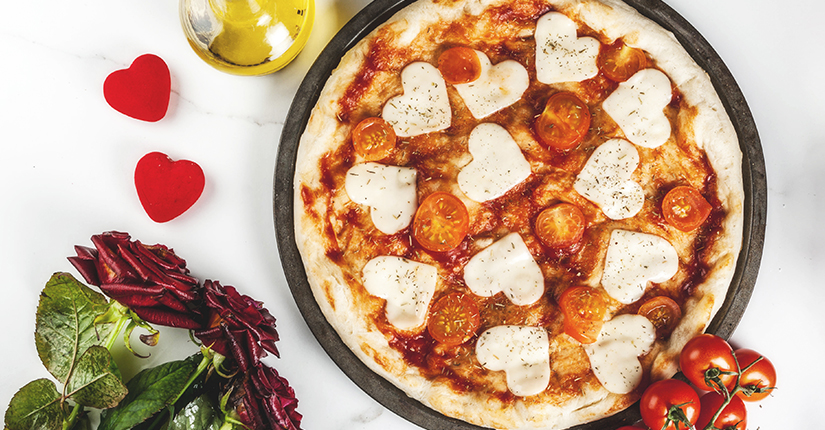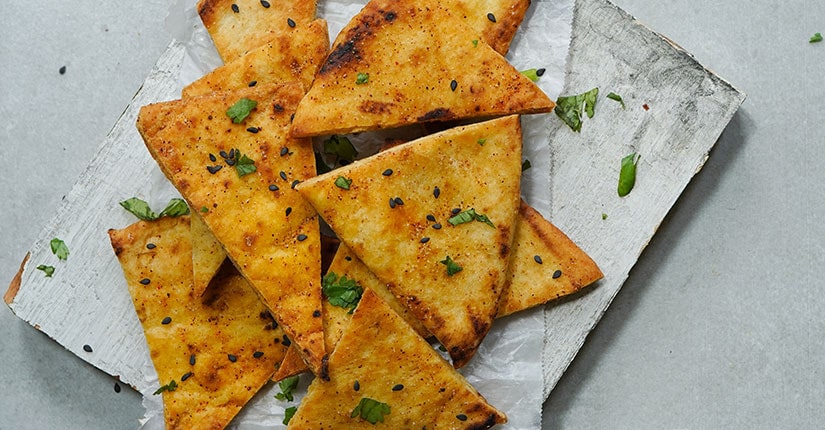Gluten Free or Not? Here’s a Guide for You
By Nmami Life Editorial 08-Aug 2021 Reading Time: 4 Mins
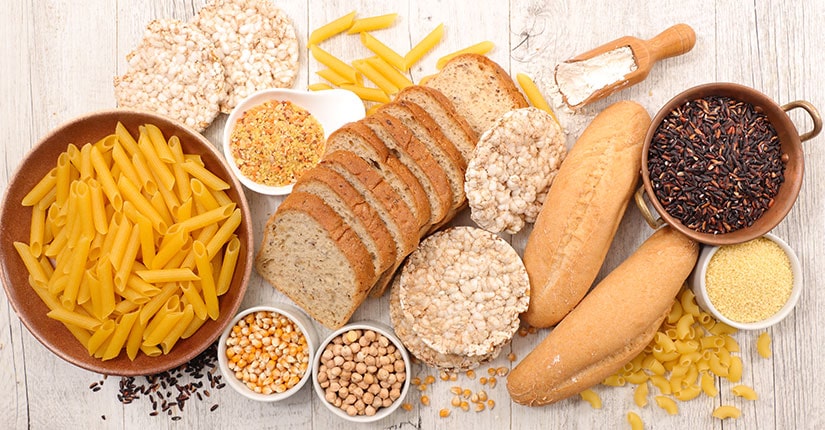
Gluten free products in the market have become more common than non-gluten free products. Supermarket shelves and restaurant menus, all are openly offering gluten free options. Every other food product has the label flaunting gluten free. Unfortunately, a gluten free diet is considered a synonym to healthy diet. People have been switching to a gluten free diet without any specific medical condition, just to lose weight, boost energy, treat autism or generally to feel healthier.
Gluten free diet is trending lately, but the question here pops up is even if you are not having celiac disease, where you actually need to cut down on gluten due to gluten intolerance, can cutting out gluten foods benefit?
Gluten is a protein found in wheat, rye and barley. Food with gluten is rich in fibre and is some of the healthiest you can eat. Gliadin and glutenin are the two main gluten proteins.
What is a gluten free diet?
A gluten free diet is one which is low in nutrients like fibre, iron, folate, niacin, calcium, zinc and Vitamin B-12. A gluten free diet can be costly and may lead to nutritional deficiencies or negative reactions shown by the body (in case you are not having any medical condition which might resist gluten consumption).
Why should you include gluten?
The major and the best source of the fibre is gluten. Fibre is responsible for a healthy and regular bowel movement. It helps maintain a healthy gut and supports digestion. It is not ‘bad’ for people who leave it by choice as it adds bulk to the food and also provides more satiety.
Who should avoid:
People suffering from the following:
- Crohn’s disease
- Wheat allergy
- Irritable Bowel Syndrome (IBS)
- Celiac disease
- Gluten intolerance/sensitivity
Foods high in gluten which should be avoided are wheat, bread, pasta, beer, cakes, cookies and pastries.
Losing weight or starting to eat healthier should not be one of the reasons to go gluten free. Research also found that some gluten-free foods have more fat, sugar and/or salt than their regular counterparts, and are short on nutrients like iron and folic acid — found in foods with enriched-wheat flour.
If you are cutting out gluten, get fiber from other whole grains like amaranth, millet and quinoa, and from fruits, vegetables and nuts. And always read labels to be sure that you’re not replacing gluten with sugar and fat.
Over to you
While not all diet fads might turn out to be healthy for you, it is significant to understand that your body needs are met through a balanced diet. It is always good to recognise symptoms, diagnose, (if you face any kind of gluten intolerance) and consult before restricting gluten from your diet.

